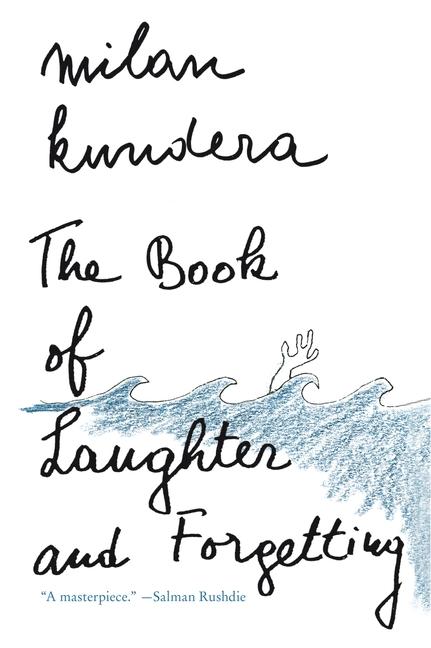
Identity
Book Description
What if the very essence of who you are suddenly vanished? In a world where identity slips through fingers like sand, two lovers, Marie and Jacques, grapple with the haunting specters of self-discovery and alienation. Their passionate connection draws them together while unearthing insecurities that threaten to tear them apart. With a narrative that dances between reality and illusion, Kundera masterfully explores the delicate fabric of love, desire, and the quest for meaning. As their relationship spirals into a labyrinth of introspection and revelation, one burning question emerges: can true intimacy survive the loss of self?
Quick Book Summary
"Identity" by Milan Kundera is a philosophical exploration of selfhood and intimacy, following lovers Chantal and Jean-Marc as they navigate the shifting terrain of their relationship in modern France. Plagued by insecurities, Chantal wonders if she is still desirable, while Jean-Marc wrestles with jealousy and a fear of losing his partner. A mysterious series of anonymous letters sent to Chantal amplifies uncertainties, pushing both characters into heightened introspection. Kundera weaves reality with illusion, delving into how love, identity, and perception intertwine and unravel. Ultimately, the novel probes whether true intimacy is possible when personal identity is so elusive, inviting readers to ponder how much of ourselves we can actually know, and how much can be shared with another.
Summary of Key Ideas
Table of Contents
The Elusiveness of Personal Identity
The heart of "Identity" revolves around the complex relationship between Chantal and Jean-Marc, a couple seeking meaning and purpose in their love. Both are shaped by their personal insecurities: Chantal, grieving the loss of her attractiveness, and Jean-Marc, plagued by jealousy and a fear of abandonment. Their emotional vulnerabilities are the seeds from which larger questions about the nature of self and partnership bloom. Through their conversations and moments of solitude, Kundera illustrates the duality of longing to be known while fearing exposure.
Intimacy and Alienation in Relationships
Kundera blurs the boundaries between perception and reality. The arrival of anonymous love letters triggers Chantal’s curiosity and anxiety, prompting her to question her desirability and self-worth. Jean-Marc, suspecting the letters’ origin and meaning, is thrust into a cycle of suspicion and possessiveness. The narrative exposes how perceptions, both internal and external, shape not only individual identity but also the connection between lovers, and how illusions can become more real than truth itself within intimate relationships.
Perception vs. Reality
The theme of intimacy emerges as both a desire and a challenge. Chantal and Jean-Marc grapple with the impossibility of ever fully knowing each other, as personal identity remains partly hidden, even from oneself. Moments of tenderness are interspersed with alienation, as misunderstandings and doubts undermine their connection. Kundera suggests that love is as much about confronting and accepting the other's unknowability as it is about seeking closeness, questioning whether true intimacy is ever attainable.
The Role of Insecurity and Jealousy
Insecurity and jealousy play pivotal roles in the narrative, driving the characters toward psychological crisis. Through introspection and sometimes destructive reaction, Chantal and Jean-Marc reveal how fragile identity is, and how easily it can be threatened by external events, words, or gestures. Kundera uses their emotional turmoil to dissect the illusions lovers construct and the ways these illusions both shelter and isolate individuals.
Communication and Misunderstanding
Communication, or the lack thereof, shapes the course of Chantal and Jean-Marc's relationship. Their inability to express fears openly leads to misunderstandings that fester and multiply. The enigmatic letters serve as a metaphor for the opacity between people, suggesting that meaning and intention often get lost or distorted. Ultimately, "Identity" closes on the awareness that human relations are navigated through shadows of certainty and doubt, with love offering both solace and further mystery.
Download This Summary
Get a free PDF of this summary instantly — no email required.





